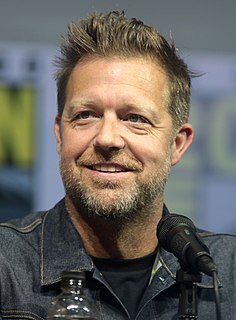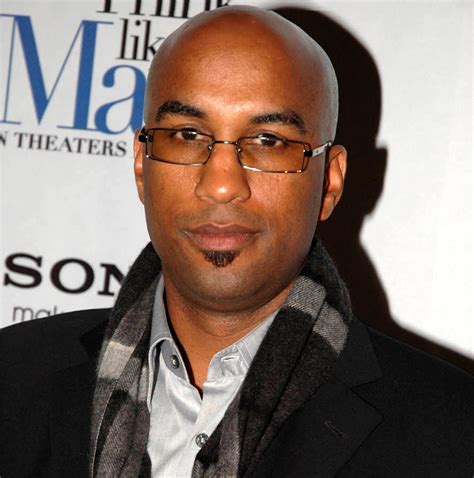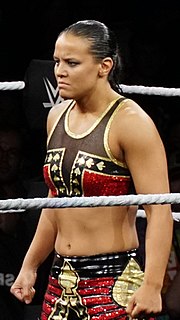A Quote by David Leitch
Choreographing a fight scene is telling a little story. You learn a lot about the characters involved.
Related Quotes
When an acting teacher tells a student 'that wasn't honest work' or 'that didn't seem real,' what does this mean? In life, we are rarely 'truthful' or 'honest' or 'real'. And characters in plays are almost never 'truthful' or 'honest' or 'real'. What exactly do teachers even mean by these words? A more useful question is: What is the story the actor was telling in their work? An actor is always telling a story. We all are telling stories, all the time. Story: that is what it is all about.
I see this with experienced writers, too: They worry so much about the plot that they lose sight of the characters. They lose sight of why they are telling the story. They don't let the characters actually speak. Characters will start to dictate the story in sometimes surprising, emotional, and funny ways. If the writers are not open to those surprises, they're going to strangle the life, spark, or spirit out of their work.
In fiction the narrator is a performance of voice, and it can be any style of voice, but I'm interested in the ways that a voice that knows it's telling a story is actually telling a different story than it intends to. In the way that I can sit here and tell you what I had for breakfast, but I'm really telling you that I'm having an affair, something like that. And I don't think my writing is plain, but I think a lot of my characters are just talking. There is vulnerability there, in that we can start to see through them, we can start to see where they're deceiving themselves.
You have to do three things really well to make a successful film. You have to tell a compelling story that has a story that is unpredictable, that keeps people on the edge of their seat where they can't wait to see what happens next. You then populate that story with really memorable and appealing characters. And then, you put that story and those characters in a believable world, not realistic but believable for the story that you're telling.
I feel like I've kinda danced around telling the truest story I can for many years of my life. I've been a little distracted by trying to be shocking or edgy or cool or whatever, and by letting go of that and telling the truest story I can - even if it's about aliens and talking raccoons - it works.
I will do plays as long as they're interested in having me do them. It's the biggest opportunity to learn the most about how to act. Something I discover every time I'm doing one is how little I know about acting - how important the art of listening is, and how important it is to listen with your entire body. You can tell so much of a story with stillness, and a lot of that can be from really actively listening to your scene partner.




































